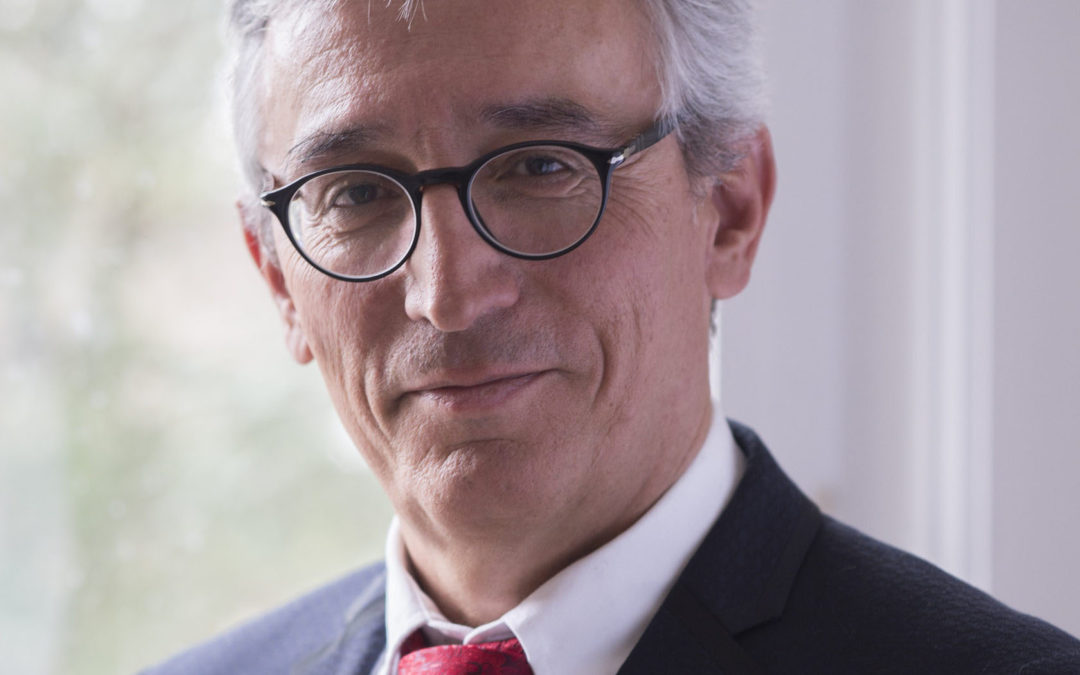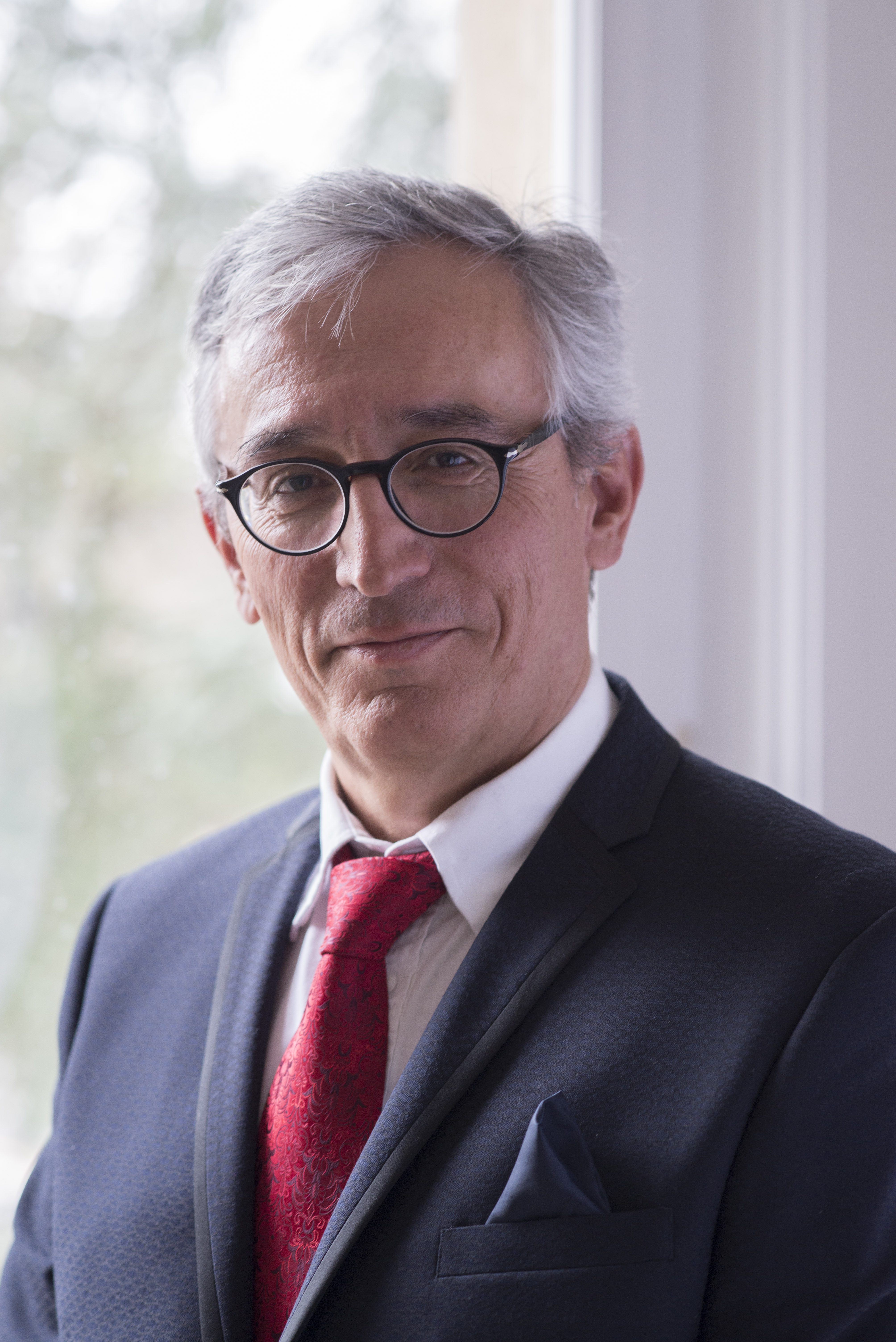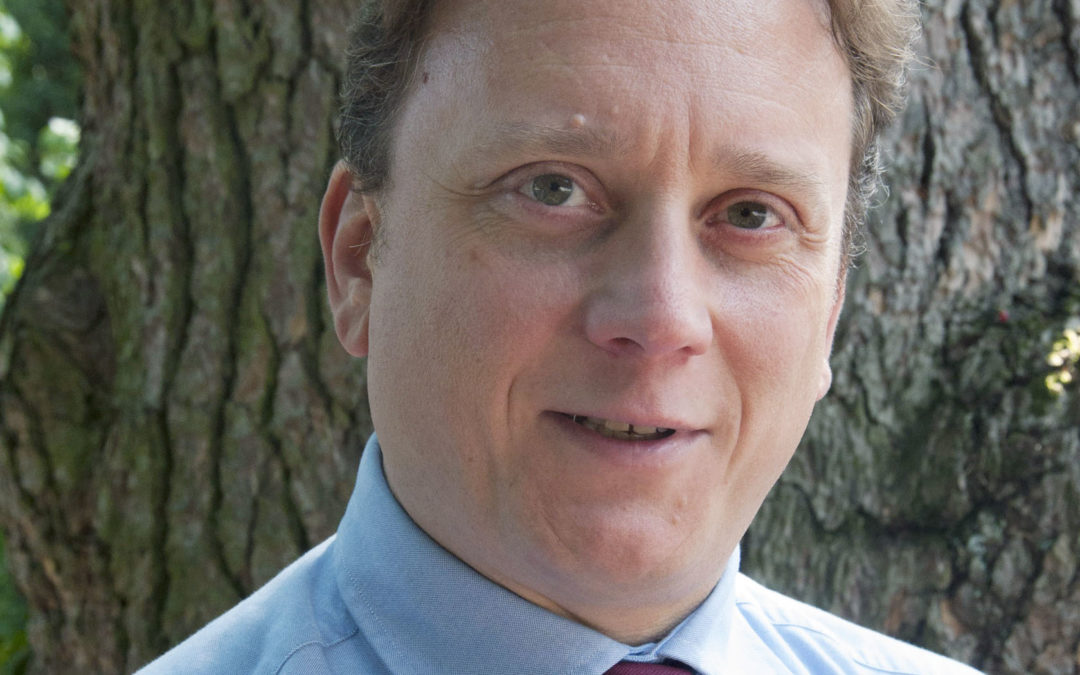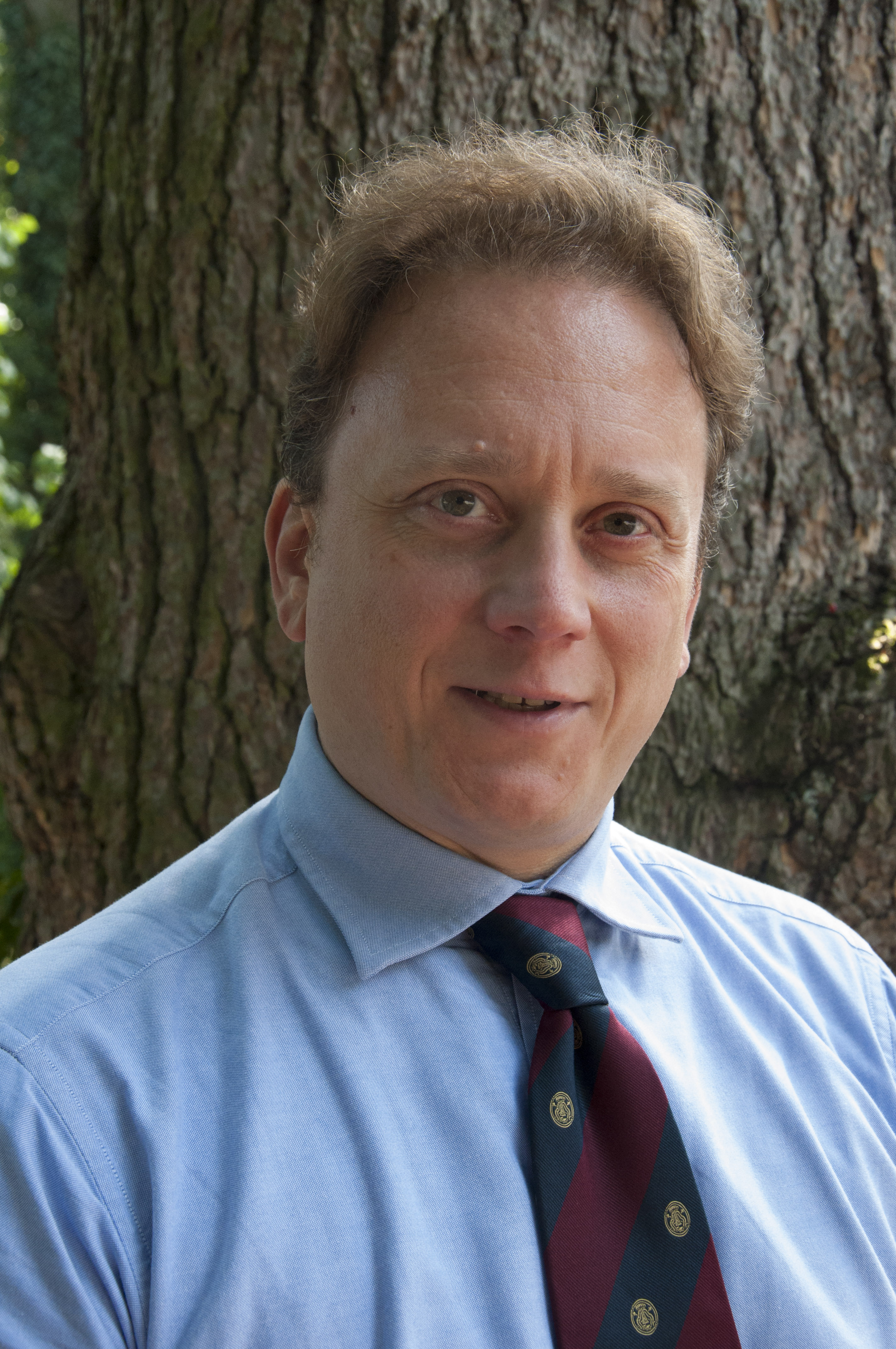

Dear reader,
The story you’re about to read is just one in millions that could be told, and it’s the first among several that I would like to share with you. I have collected them while volunteering at the Red Cross centre for migrants and refugees in Geneva. Every day at the centre tens of young men, both refugees and asylum seekers, receive support from volunteers whether with improving their French, with creating a CV or just by finding someone to talk to. It is also a place where they can gather with people of their same nationality and feel less lonely. Most of them come from countries like Eritrea, Syria and Afghanistan, but there are also some from central Africa, Iranians and Iraqis. Collecting these stories has involved careful listening and putting them down on paper. I know that this means of telling these stories is not as effective as it would be if it were coming directly from the refugees/asylum seekers themselves but I will do my best to be accurate and hope to have your attention for the short time necessary to read these stories. I also want to add that these stories won’t be impartial, objective reports but I will be sharing my views and personal reactions to them. If you feel like it, you are more than welcome to leave a comment or ask a question related to the story; this page is not meant to be static collection of stories but rather a platform to stimulate discussion and view-sharing. My ultimate goal in launching this blog is, firstly, to spread awareness, especially among young people from this generation, who will have to deal with the consequences of the displacement of more than 6 million people since 2015 fleeing from war, famine and persecutions. Secondly, these stories are meant to encourage reflection, dialogue, and the creation of innovative solutions to improve the process of integration.
While many initiatives already exist that have been launched by NGOs, local communities, and individuals; this shouldn’t prevent us from taking action in an attempt to make a small difference on our own. Everybody can contribute to make this world a better place.
Thank you for dedicating a moment of your busy day to my project. I hope that you’ll find it helpful in analysing the present situation from another perspective and allow you to appreciate more the comforts and opportunities in our society.
All the best,
Martina


78 Magazine talks to Dominique Jolly (DJ) about the School’s Activities.
78: What are some of the Business Department’s key strengths?
DJ: As the Geneva campus of Webster University, we are a part of a large network and we have the opportunity to cover all domains of business including economics, accounting, finance, law and regulations, human resources management, organizational behavior, strategy, and marketing. Other strengths include our large range of programs from Bachelor to doctorate. Our DBA program is a continuation of education in Business Administration. Finally, we have a group of professors that are specialized in health care management that is not present in Switzerland as much.
78: What are the things you’d like for current and prospective students to know?
DJ: Webster University offers a double accreditation, the Higher Learning Commission (HLC) and the Association of Collegiate Business Schools and Programs (ACBSP), which are relevant for both current and prospective students. Currently, we are pursuing the Swiss institutional accreditation, which would be the third accreditation we’d offer to our students.
78: What kind of activities or research is your department involved in?
DJ: We cover a large range of timely topics. Current research that our department is focused on is Behavioral Economics by Krista Saral, Behavioral Finance by Michal Paserman, Agility by Aleksandra Jancikova, Electronic Communication by Fernando Lagrana, Internet of Things and Big Data by Claude Chaudet, and Healthcare System by Francoise Maillard. Also, I am focusing on Doing Business in China.
78: What are some of the new degree changes?
DJ: We introduced a new Certificate in Entrepreneurship at the undergraduate level with an aim to help students in starting their own businesses, as this became a popular topic amongst our student community. Furthermore, our proposal for implementing a Certificate in Research at the graduate level has just been approved. Upcoming changes include a Certificate in Cyber Security to be launched by Claude Chaudet in September, who works very closely in our school in the segment of information technology. This was initiated due to high demand, as current statistics from Cisco Systems, Inc. show that there are around one million vacancies open in the field of Cyber Security in the United States. Finally, we plan to launch other new programs that are still in preparation and development.
78: What is your aim and goal for the department?
DJ: By preparing to launch new programs, we plan to have more permanent faculty members to enhance the dynamics and quality of our department, but also provide better care for students. Currently, we have seven permanent faculty members and close to 50 academic and professional adjunct faculty.
78: How are students able to contribute to the department?
DJ: We organize many events where we invite experts, so our students can learn and have experience in their field of interest outside the classroom. For example, we had conferences on Behavioral Finance, the New Silk Road, Doing Business in Cuba, and the Future of the Petroleum Industry. Every event has a topic that we find essential for students to prepare for, as the field of business faces many changes along with the current situation in the world.






 The restaurant is open from Tuesdays to Saturdays, starting from 6:30PM to 11PM and from Tuesdays to Fridays they also open for lunch from 12PM to 2PM. Make sure to reserve beforehand, because the place is small and always packed with people.
The restaurant is open from Tuesdays to Saturdays, starting from 6:30PM to 11PM and from Tuesdays to Fridays they also open for lunch from 12PM to 2PM. Make sure to reserve beforehand, because the place is small and always packed with people.


